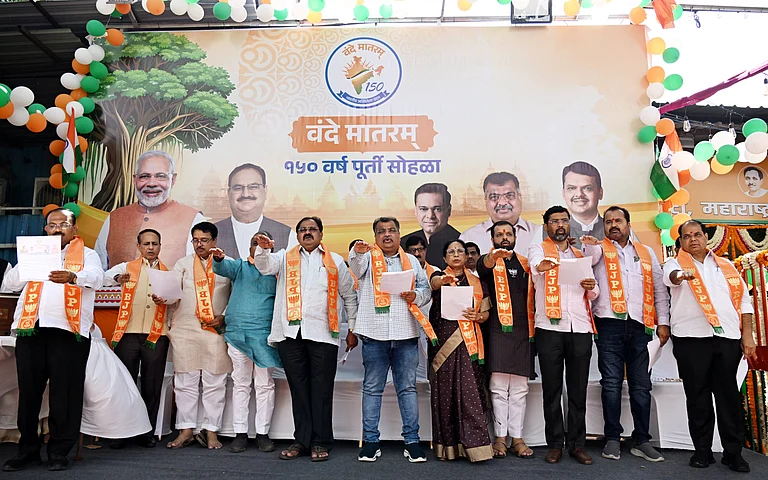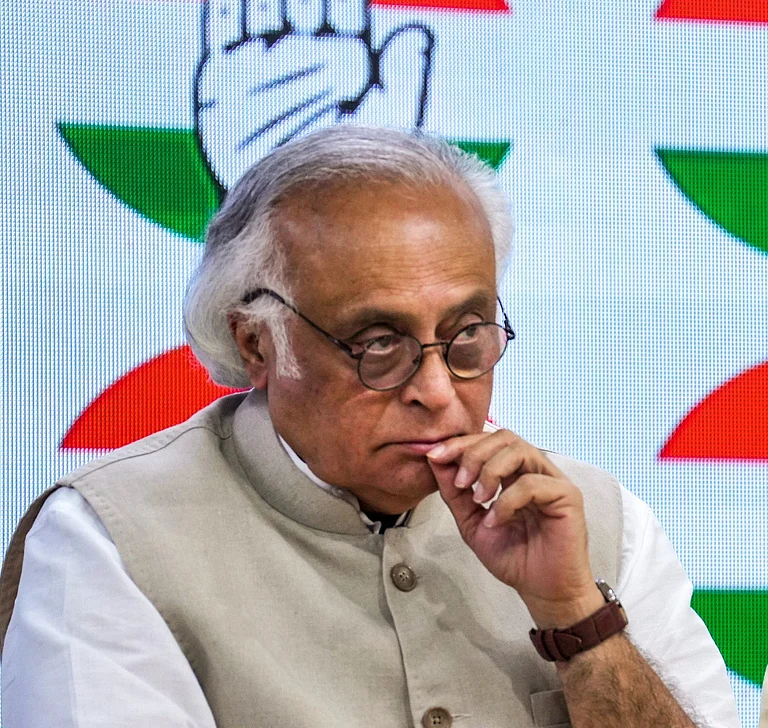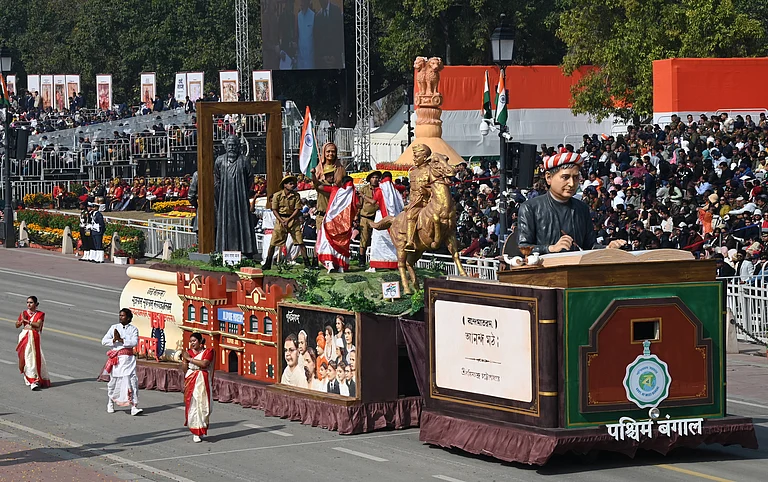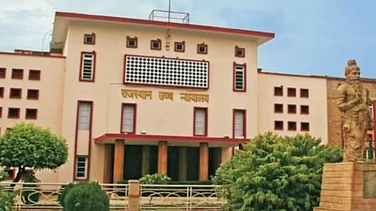
Congress accuses PM Modi of insulting Tagore and India’s founding fathers over Vande Mataram comments.
Jairam Ramesh cites Tagore’s biography and historical sources to refute Modi’s claims.
Vande Mataram was formally adopted as India’s national song by the Constituent Assembly in 1950.
The Congress on Saturday accused Prime Minister Narendra Modi of “distorting” history and disrespecting India’s founding figures, including Rabindranath Tagore, after he criticised the opposition over the omission of certain stanzas from Vande Mataram in 1937. The party demanded an apology from the prime minister.
Congress general secretary Jairam Ramesh shared pages from Tagore’s biography in Bengali, highlighting that the poet had recommended adopting only the first two stanzas of Vande Mataram as the national song. “Here are pages 110-112 from vol 4 of the authoritative biography in Bengali of Rabindranath Tagore titled Rabindra-Jeebanee by Prabhat Kumar Mukhopadhyay, published by Visva-Bharati in 1994,” Ramesh said in a post on X, while sharing the pages.
He added, “The Master Distorian of a PM must render an apology. He has insulted our founding fathers and most of all Tagore himself.”
The prime minister, during the inauguration of the year-long commemoration of Vande Mataram on Friday, had said that important stanzas of the song were dropped in 1937, which he claimed sowed the seeds of partition, and argued that such a “divisive mindset” continues to challenge the country.
Responding to Modi’s remarks, Ramesh previously cited excerpts from Sabyasachi Bhattacharya’s biography of Vande Mataram, which outlines the Congress Working Committee resolution of 29 October 1937 that officially adopted the song. “The prime minister is now accusing the Gurudev of harbouring a 'divisive ideology'. It is a shameful statement from a man whose lies and distortions have no limits. The people of India demand an unconditional apology,” he had said.
Vande Mataram was formally adopted as the national song by the Constituent Assembly on 24 January 1950, cementing its enduring significance. Tagore himself, as quoted in Bhattacharya’s book, had said:
"I freely concede that the whole of Bankim's 'Bande Mataram' poem, read together with its context, is liable to be interpreted in ways that might wound Moslem susceptibilities, but a national song, though derived from it, which has spontaneously come to consist only of the first two stanzas of the original poem, need not remind us every time of the whole of it, much less of the story with which it was accidentally associated. It has acquired a separate individuality and an inspiring significance of its own in which I see nothing to offend any sect or community."
(With inputs from PTI)


























